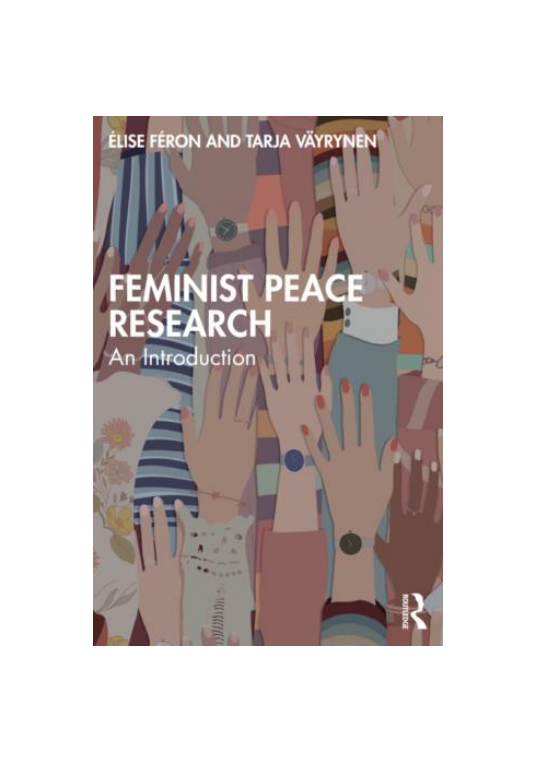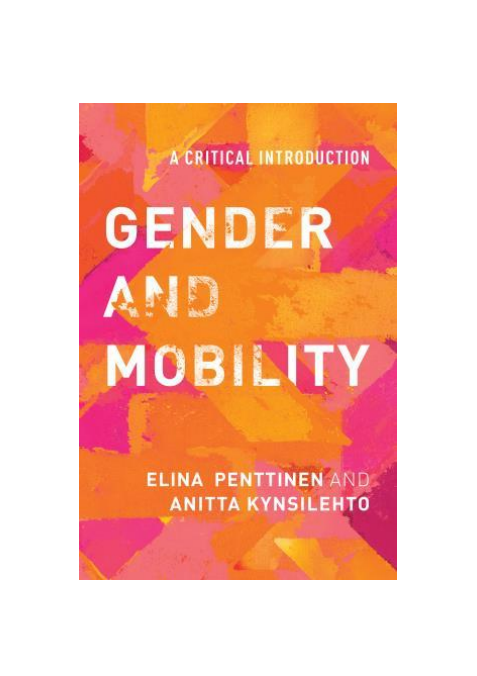Thematic Priority Areas
Research themes covered at TAPRI are diverse and open to new interventions but four thematic priority areas can be recognized: Feminist Peace Research, Peace Mediation and Peacebuilding, Everyday Peace and Global Mobility.
Feminist Peace Research
It contributes to the thinking of the possibilities of peace, conflict and politics. TAPRI research in this area employs multiple methods and encourages conversations across academic disciplines in search for peace in different spheres of conflict and violence. Feminist Peace and Conflict Research integrates various feminist achievements to the study of the causes of war, peaceful conflict transformation and conflict resolution. Through empirical analyses of global inequality the focus is on the intersections of structural violence, accounting for hierarchies and violences produced by gender, race, nationality, class, caste and sexuality. Methodologically, it recognizes and respects the power relations and responsibility involved in all practices of research.

Peace Mediation and Peacebuilding

They are major tools of peaceful third party intervention to support short-term conflict resolution as well as long-term conflict transformation. TAPRI research focuses on ways for supporting and organizing more inclusive and locally owned peace processes and it gives particular emphasis to adaptive roles of (external) third party, dialogues and the role of women. Theoretical approach is critical but also pragmatic and it recognizes the importance of constructive dialogue with peace practitioners.
Everyday Peace
Peace has been approached in research mainly in abstract, theoretical and philosophical terms. In Philosophy, International Relations and Peace and Conflict Research peace has been seldom contextualized, namely socially and politically situated. Rather, it has been abstracted from its everydayness, and therefore from its visibility too. TAPRI research turns its focus to the dynamics of community relations and community ethos. The research aims to develop a theoretical understanding of peace with emphasis on everydayness, corporeality, relationality and vulnerability.

Global mobility
It is a fundamental feature of human life and closely connected to issues of social justice. This thematic area brings together different methodological approaches and examines topics such as the governance of mobilities globally, nationally and locally; intersectional perspectives analyzing, for example, gender, race/ethnicity and migration status in the configuration of global mobility; practices of solidarity and community formation; the role of diasporas; and critical border studies.

